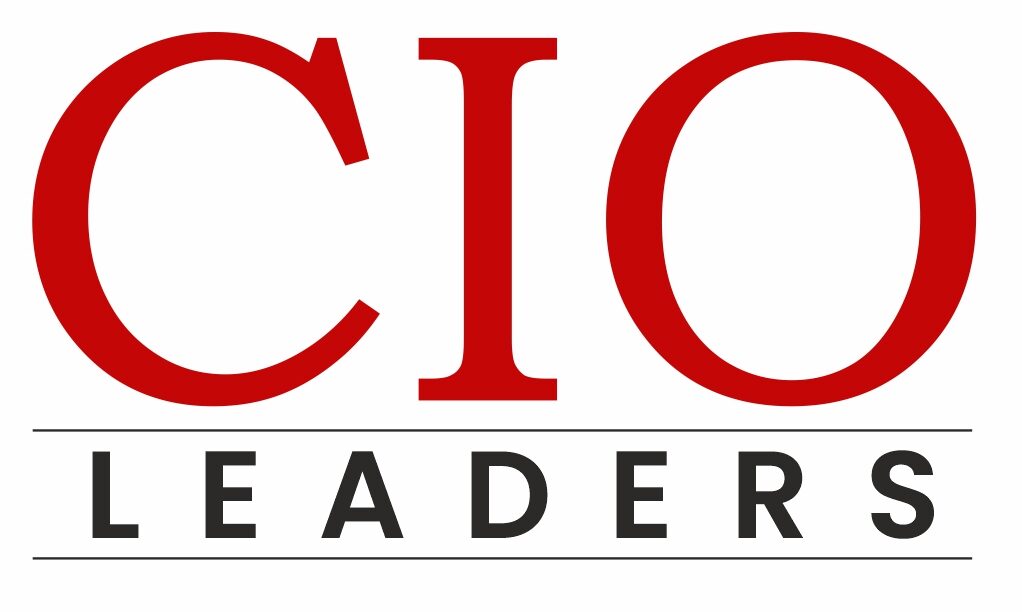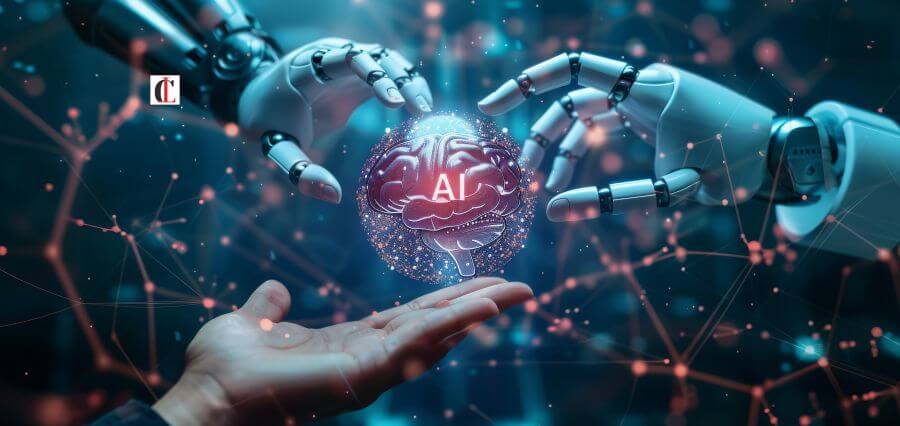Generative AI has emerged as a potent tool for producing art, music, writing, and even solutions to very complex problems. This powerful capability allows it to be the ultimate mimic of human creativity and challenges traditional notions of what is original and artistic. But who gets to draw these lines when it comes to machine-driven creativity and its implications for society? Can machines create or do they reflect the human mind? Such questions will always open up the deeper ethical issues of generative AI.
Let’s take a look together at the grayness of this debate.
The Genesis of Generative AI Creativity
Generative AI uses algorithms to create output based on massive datasets, mimicking human creativity by drawing patterns and examples based on the data. These outputs often astound with their innovation, but they are created because they are based on patterns and examples found within the data. Such issues, then, present themselves in terms of authorship and whether such creations can be called original or merely a reinterpretation of other works.
One of the bones of contention when it comes to AI is its lack of independent thought and intention. Creativity, in its classical sense, refers to emotional depth, personal experiences, and subjective interpretation. Machines do not possess these qualities, making their role as “creators” problematic.
Ethical Concerns in AI-Generated Content
The biggest issue with respect to the use of AI is intellectual property. Whenever such systems are trained, copyrighted materials are generally used, thus the ownership issue and ethical and legal disputes spring up. When an AI produces a result like any existing work, who owns the output developer, the user, or the owner of the original data?
Third, the susceptibility of AI-generated content to misuse cannot be overlooked. Deepfakes, misleading narratives, and fake art have already shown the darker side of such technology. Such uses raise ethical concerns, but they also make the outputs hard to trust in the important domains of journalism and education.
The Creative Process: Human vs Machine
Human creativity often is something that is an expression of individuality in all kinds of cultural, emotional, and social settings. Such intrinsic motives are absent in machines. Moreover, generative AI can efficiently produce the imitation of style and even create new combinations of ideas when it works without understanding meaning or purpose.
This difference has led some to propose that machines do not “create” but rather “simulate” creativity. AI-generated works may prompt admiration at their complexity but remain without the emotional resonance and depth associated with human art and expression.
Can Machines Collaborate with Human Creativity?
Instead of taking generative AI as a substitute, it might be far more productive to envision the dawning of a new collaboration between human creativity and this engineered intelligence. Automation of repetition and new perspectives means that AI will enrich, not diminish, the creative process. Musicians, writers, and designers use generative tools to develop ideas and explore new possibilities.
The challenge is how human intelligence and moral principles form an equilibrium with these AI-assisted ways of creativity. Essential to all is transparency about the use of AI in creative works, which should deliver authenticity and trust.
Ethical Framework Role
As generative AI becomes even more ingrained in the creative industries, strong ethical frameworks become an urgent demand. Policymakers, technologists, and creatives should collaborate toward developing models of accountability, transparency, and fairness.
This involves setting clear guidelines on the usage and ownership of content not to be exploited and protecting the rights of the creators. It ensures public awareness of what generative AI can and cannot do to raise awareness in the reduction of misuse and unrealistic expectations.
The Future of Creativity in an AI-Driven World
The idea that machines can be creative raises general concerns over the human-technology relationship. Generative AI marks unprecedented horizons for creativity while contesting many long-held beliefs regarding originality, authorship, and artistic value.
On this basis, integrating AI into the creative sphere, while remembering that machines have their ‘own’ different contributions and valuables, should offer priority to ethical considerations. In this respect, society will be able to harness the benefits of generative AI, preserving at the same time the essence of human creativity.
In conclusion, the consequences of generative AI have ethical implications that relate to issues of creativity, responsibility, and trust. As we continue to expand the frontiers of machine-generating content, the need is, therefore, to hold a conversation that addresses the future and does not leave anyone behind. Together, we can make a future where technology amplifies human creativity and seeks artistic expression yet at the same time upholds ethics.

